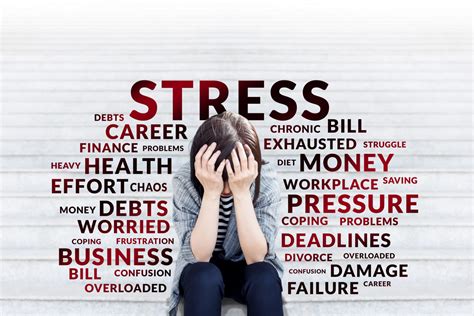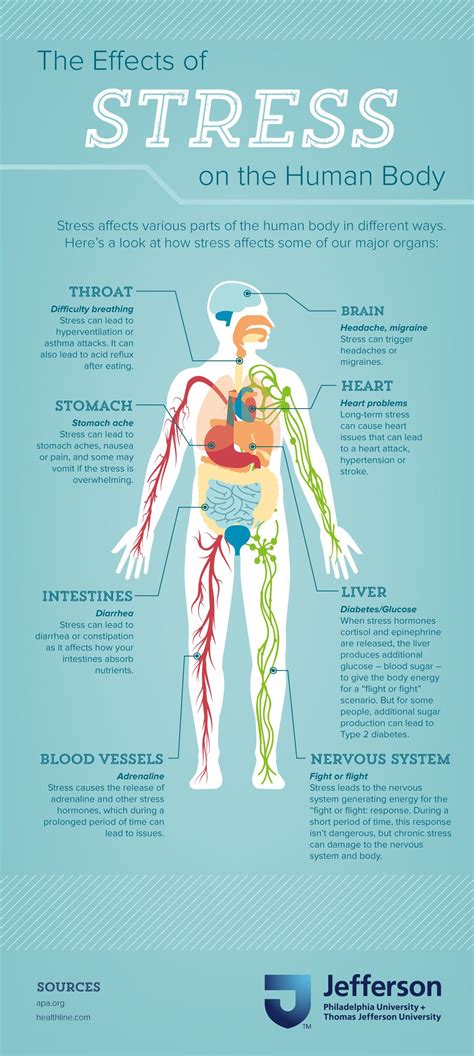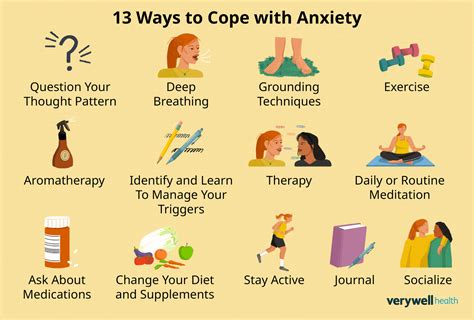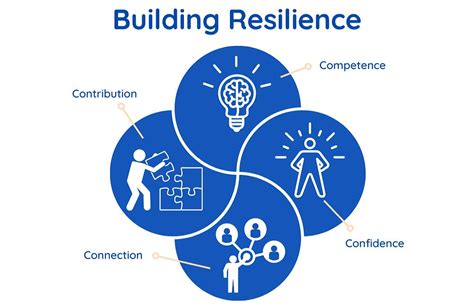Intro
Manage stress effectively with proven techniques, reducing anxiety and promoting mental well-being through relaxation, mindfulness, and self-care strategies.
Stress is an inevitable part of life, and it can affect anyone, regardless of their background or circumstances. It's a natural response to a perceived threat or pressure, and it can manifest physically, emotionally, or mentally. When left unmanaged, stress can lead to a range of negative consequences, including anxiety, depression, and a weakened immune system. However, by learning effective coping strategies, individuals can mitigate the impact of stress and improve their overall well-being. In this article, we'll delve into the importance of managing stress, explore its causes and effects, and provide practical tips on how to cope with stress effectively.
The significance of stress management cannot be overstated. Chronic stress can disrupt the body's natural balance, leading to a range of health problems, including hypertension, cardiovascular disease, and a weakened immune system. Furthermore, stress can also affect mental health, contributing to anxiety, depression, and mood disorders. By learning effective coping strategies, individuals can reduce their stress levels, improve their mental and physical health, and enhance their overall quality of life. Whether it's related to work, relationships, or personal issues, stress is a common experience that can be managed with the right techniques and mindset.
Effective stress management involves a combination of self-awareness, healthy habits, and stress-reducing techniques. It's essential to recognize the signs and symptoms of stress, including physical tension, emotional reactivity, and cognitive impairment. By acknowledging these signs, individuals can take proactive steps to manage their stress levels, such as engaging in regular exercise, practicing relaxation techniques, and seeking social support. Additionally, developing healthy habits, such as a balanced diet, sufficient sleep, and regular relaxation, can help mitigate the impact of stress and promote overall well-being.
Understanding Stress

Types of Stress
There are several types of stress, including acute stress, chronic stress, and episodic stress. Acute stress is a short-term response to a specific threat or pressure, while chronic stress is a long-term response to ongoing stressors. Episodic stress, on the other hand, refers to recurring stressors that can be anticipated and prepared for. Understanding the different types of stress can help individuals develop effective coping strategies and manage their stress levels more effectively.Effects of Stress

Physical Effects of Stress
The physical effects of stress can be significant, ranging from headaches and muscle tension to cardiovascular disease and a weakened immune system. When we experience stress, our body's "fight or flight" response is triggered, releasing stress hormones like cortisol and adrenaline. These hormones can have a range of effects on the body, including increased heart rate, blood pressure, and respiration. Chronic stress can also lead to changes in appetite, sleep patterns, and digestive function, contributing to a range of health problems.Coping with Stress

Relaxation Techniques
Relaxation techniques are an essential part of stress management, providing a range of benefits for mental and physical health. Some effective relaxation techniques include: * Deep breathing: focusing on slow, deep breaths to calm the mind and body * Progressive muscle relaxation: tensing and relaxing different muscle groups to release physical tension * Mindfulness meditation: focusing on the present moment to reduce stress and anxiety * Yoga: combining physical postures, breathing techniques, and meditation to promote relaxation and well-beingBuilding Resilience

Self-Care
Self-care is an essential part of stress management, providing a range of benefits for mental and physical health. Some effective self-care strategies include: * Getting enough sleep: aiming for 7-9 hours of sleep per night to help regulate stress hormones * Eating a balanced diet: focusing on whole, nutritious foods to support mental and physical health * Engaging in regular exercise: finding activities that bring joy and help reduce stress levels * Practicing relaxation techniques: using techniques like deep breathing, progressive muscle relaxation, or mindfulness meditation to calm the mind and bodySeeking Support

Conclusion and Next Steps
In conclusion, coping with stress effectively is critical for managing stress and promoting overall well-being. By understanding the causes and effects of stress, developing effective coping strategies, and seeking support, individuals can reduce their stress levels and improve their mental and physical health. Remember, stress is a common experience that can be managed with the right techniques and mindset. By taking proactive steps to manage stress, individuals can enhance their overall quality of life and promote a sense of well-being and resilience.What are the most common causes of stress?
+The most common causes of stress include workload, lack of control, poor communication, and unrealistic expectations. Additionally, personal issues, relationships, and financial concerns can also contribute to stress.
How can I manage stress effectively?
+Effective stress management involves a combination of self-awareness, healthy habits, and stress-reducing techniques. This can include relaxation techniques, exercise, and social support, as well as developing healthy habits, such as a balanced diet, sufficient sleep, and regular relaxation.
What are the physical effects of stress?
+The physical effects of stress can be significant, ranging from headaches and muscle tension to cardiovascular disease and a weakened immune system. Chronic stress can also lead to changes in appetite, sleep patterns, and digestive function, contributing to a range of health problems.
How can I build resilience to manage stress?
+Building resilience involves developing a growth mindset, practicing self-care, and seeking social support. Additionally, learning to reframe challenges as opportunities for growth and development can help individuals build resilience and manage stress more effectively.
What are some effective relaxation techniques for managing stress?
+Effective relaxation techniques include deep breathing, progressive muscle relaxation, and mindfulness meditation. These techniques can help calm the mind and body, reducing stress and anxiety and promoting overall well-being.
We hope this article has provided you with valuable insights and practical tips on how to cope with stress effectively. Remember, stress is a common experience that can be managed with the right techniques and mindset. By taking proactive steps to manage stress, you can enhance your overall quality of life and promote a sense of well-being and resilience. If you have any questions or comments, please don't hesitate to share them with us. We'd love to hear from you and help you on your journey to managing stress and promoting overall well-being.
